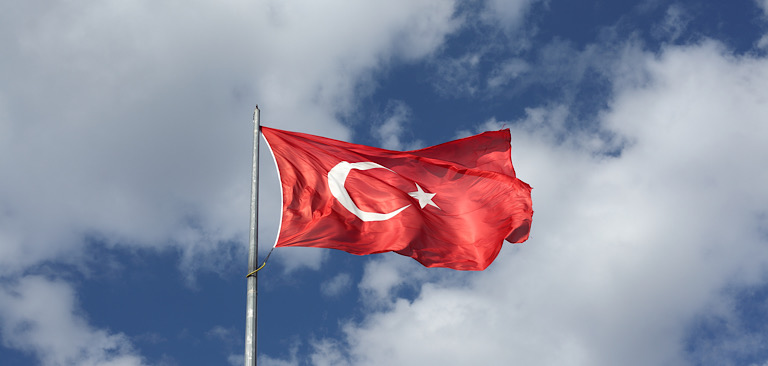The Turkish Government has announced a draft law that will place sweeping restrictions on the internet and force social media companies to take down content that has been deemed to be illegal within 48 hours.
Under the draft law, social network providers will be required to appoint a legal representative in Turkey, share data with Turkish authorities, and store user data in Turkey.
Companies that don’t comply with this draft law will have their bandwidth cut by up to 95%, essentially rendering them inaccessible.
If social media platforms don’t respond to takedown requests on content that’s deemed illegal by Turkish authorities within 48 hours, they’ll face fines of up to ₺30 million ($4.4 million) under this draft law.
When it comes to gauging the type of posts that attract legal action from Turkish authorities, the previous actions of Turkey’s Ministry of the Internal Affairs provide an indication. In March, it took legal action against 316 social media account holders for posting fake images or voice records about the coronavirus “with the aim of provocation.”
The announcement of the draft law follows Turkey’s President Recep Tayyip Erdogan vowing to censor the internet after one of his family members was insulted online.
Since that announcement, Turkey’s broadcast regulator ordered streaming service Netflix to censor the gay lead character in the popular Turkish drama series Aşk 101 (Love 101). Netflix responded by canceling the production of the series – a decision that resulted in industry insiders speculating that Netflix may completely withdraw from Turkey.
Before announcing this draft law, Turkey has used its existing laws and blocking mechanisms several times to restrict access to popular apps and websites including WhatsApp, Instagram, Facebook, and Wikipedia.
Wikipedia was blocked in the country from 29 April, 2017 and the block was eventually lifted after more than two and a half years on January 15, 2020 when the Constitutional Court of Turkey ruled that the block violated human rights.
Erol Önderoğlu, the Turkey representative of Reporters Without Borders (RSF), warned that this draft law could be used to exert control over international online journalism.
“We believe that journalism, which exercises its right to freely report and criticize on social media, will suffocate in the hands of a politicized judiciary,” Önderoğlu said.













